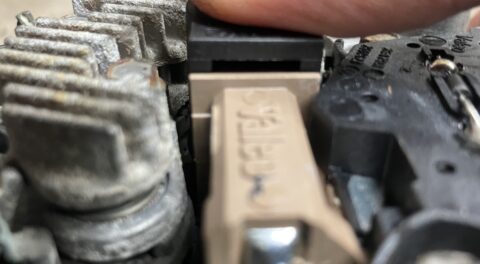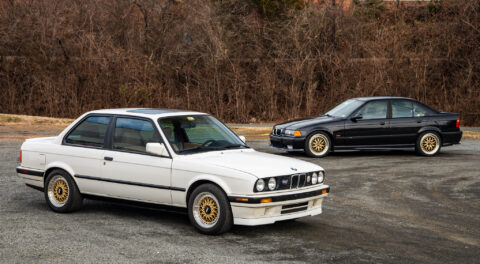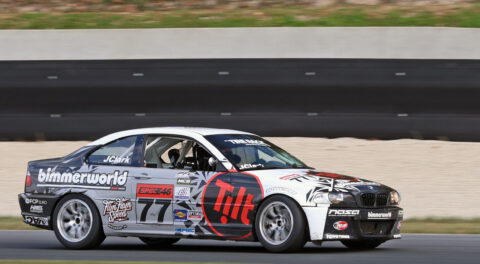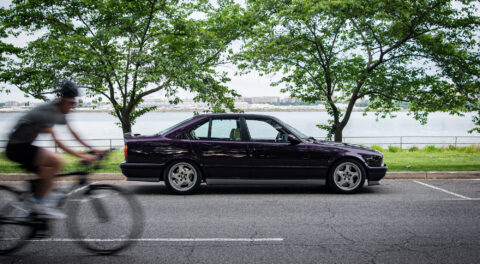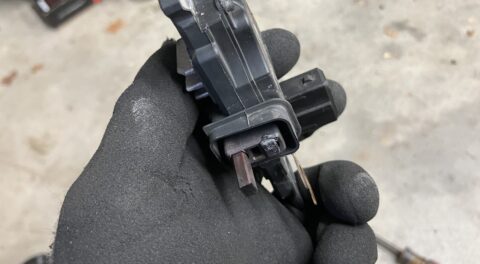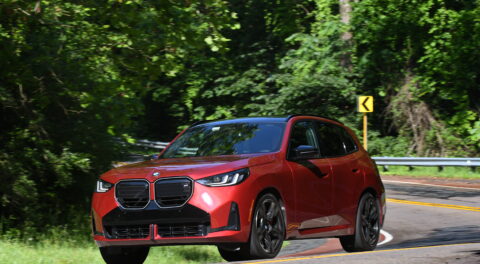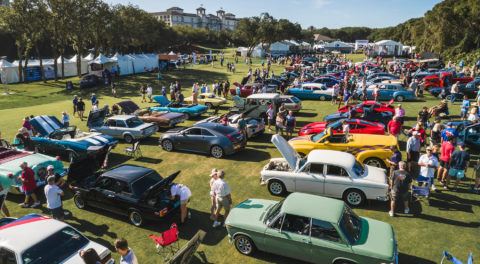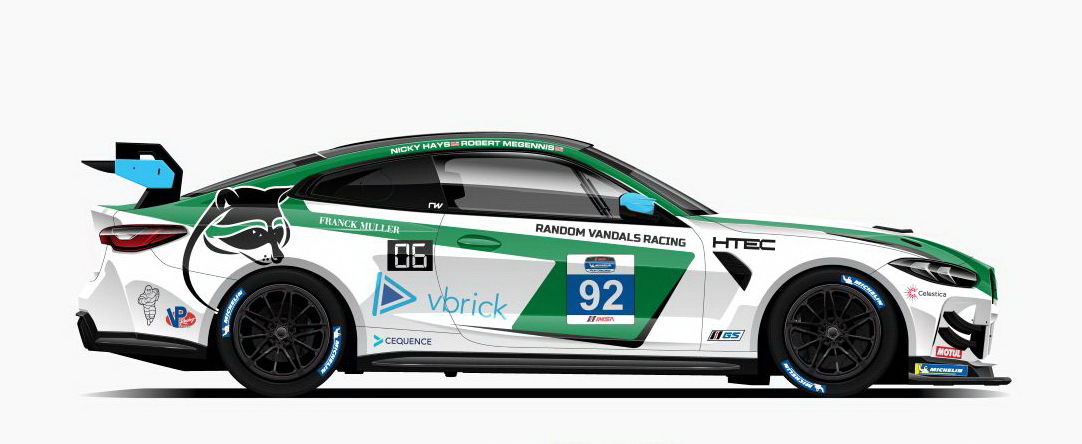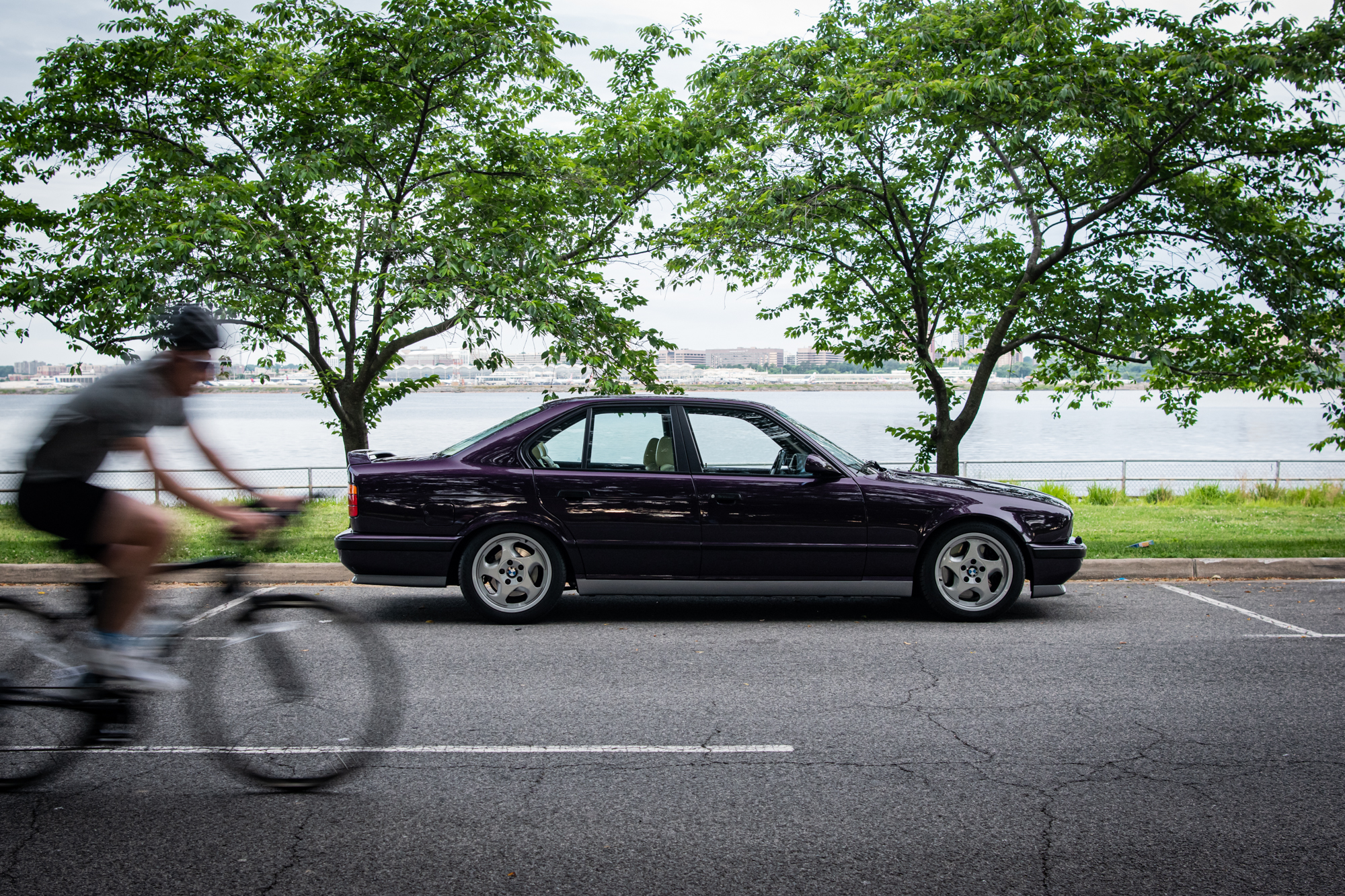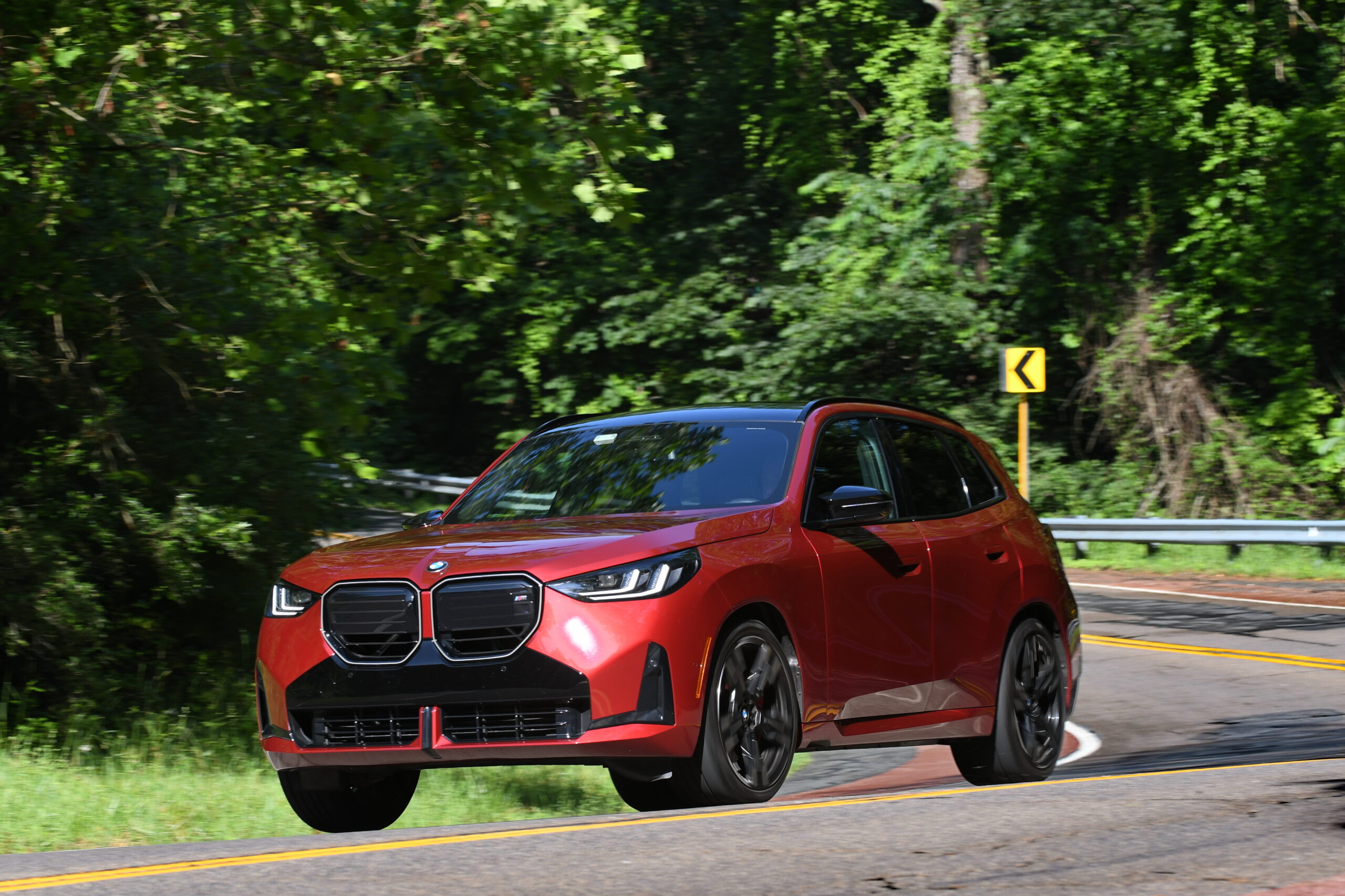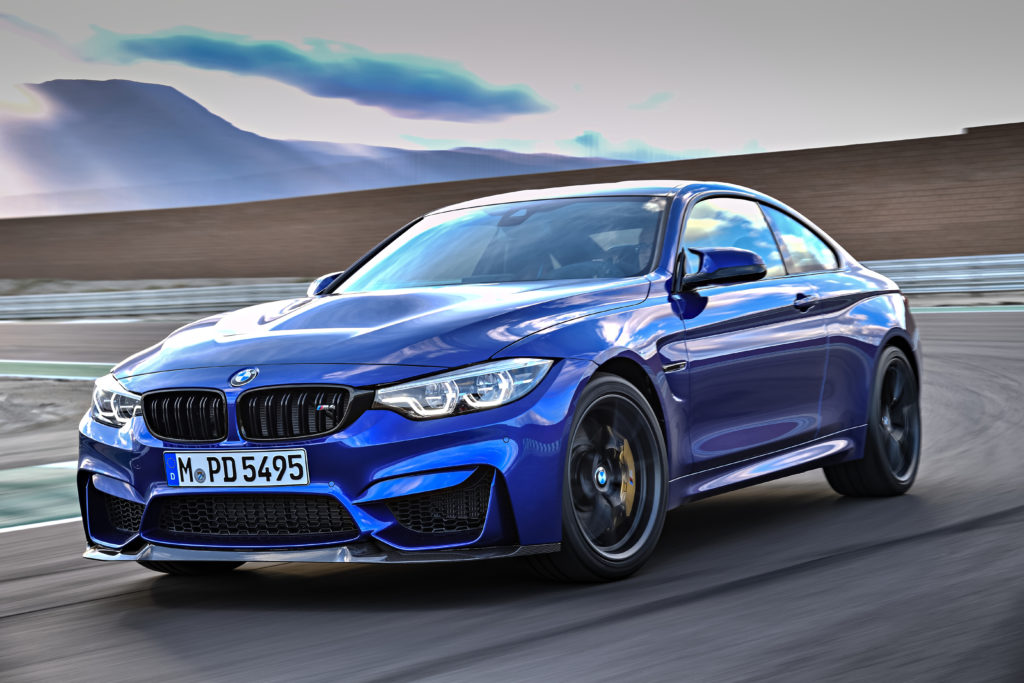
With each passing generation, M cars are becoming ever more powerful and capable. Horsepower and torque figures of the current M portfolio easily eclipse those of previous M cars by a few multiples in some cases, and the performance made capable by the motivation is staggering, especially when looking at cars like the F90 M5 and M4 GTS, for example. At the same time, all automobiles have become less engaging and more isolating, meaning the original visceral feel of spirited driving in something like an E30 or 2002 has been completely removed from the modern automotive market. Blame ever-increasing safety regulations or the forward march of technology, but there’s no undoing decades of automotive development at this point.
Simultaneously, modern performance automobiles have had to become stronger and more robust to cope with the stress of what seems like ever-increasing power. Brakes are larger than ever, and there are more radiators, heat exchangers, and coolers on vehicles than ever before. The same trends are also influencing suspension development, and the necessity that every manufacturer seems to feel with regard to testing models with even the slightest performance tilt on the Nürburgring has not diminished.
Enthusiasts have been keen to follow these happenings for a while now, sometimes even seeking out a lesser version of a particular car to find something more compliant and thus enjoyable (and predictable) to manage in the corners. The automotive press hasn’t exactly been blind to the problem, either, but over the last few months, versions of some of BMW’s current M cars have come under fire. Back in August, Road & Track classified the the M4 CS—the sharpest available variant, behind the one-year-only 2016 M4 GTS street-legal track special—as feeling confused instead of more capable than its conventional and competition-package stablemates.
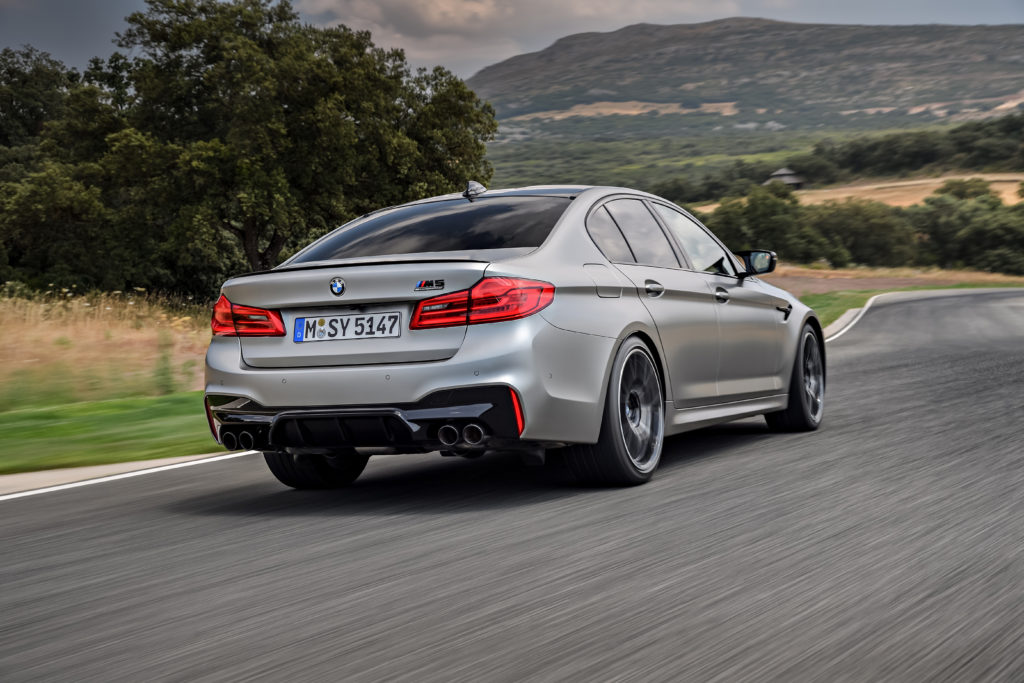
Slotting in at $30,000 more than the M4 with Competition Package, the M4 CS seems impressive from the marketing copy, with lightweight carbon and other composites taking the place of conventional materials, and a no-frills interior focused on similar weight-savings. In the real world, however, testing found the CS to be hardly more competent than the significantly more affordable Competition Package-equipped M4, which largely benefits from improved steering feel and predictable handling over the base model.
The M4 CS isn’t alone in facing criticism, as the M5 Competition has also been labeled as being a bit too sharp for daily use. Seven millimeters lower than standard and with 10% stiffer springs, the real advantage of the M5 Competition is actually its acceleration. With just a bit more horsepower than the conventional car, the M5 Competition can hit 60 from a dead stop 0.1 seconds quicker, and this is in the sub-three-second realm where moving the needle is very difficult. One wouldn’t think the marginally tighter suspension would translate much to daily driving, but according to a recent video review, a jarring response is evident when traversing potholes and uneven driveway edges.
What does it all mean? BMW and other automakers have no intention of stopping an upcharge for slightly more capable and exclusive versions of cars they already make, but customers who actually plan to drive their new M cars would be wise to think practically about which one is truly best suited for them. While a Competition Package or CS model might be worth the extra money to someone who’s going to explore the limits of performance on the track, a regular, garden-variety M car is likely more than most of us will ever actually make use of.—Alex Tock
[Photos courtesy BMW AG.]

